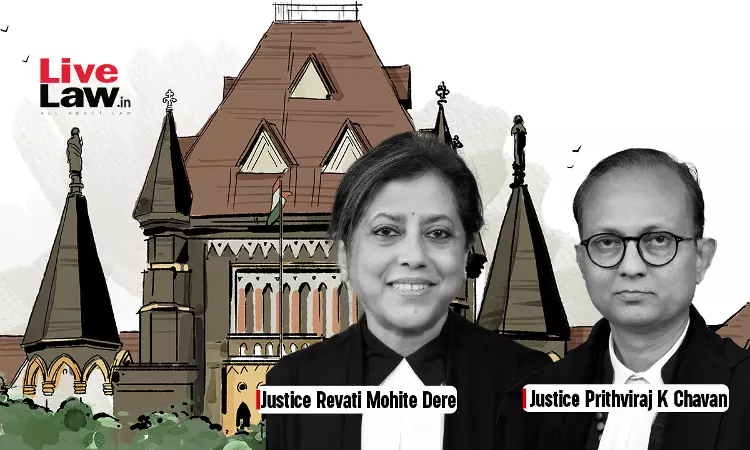While hearing a suo motu PIL regarding the alleged sexual assault of two minor kindergarten girls in a school at Badlapur in Thane, the Bombay High Court on Tuesday orally called for "teaching boys the difference between right and wrong" as well as sensitising them about respecting women at a young age.A division bench of Justice Revati Mohite Dere and Justice Prithviraj Chavan asked...

